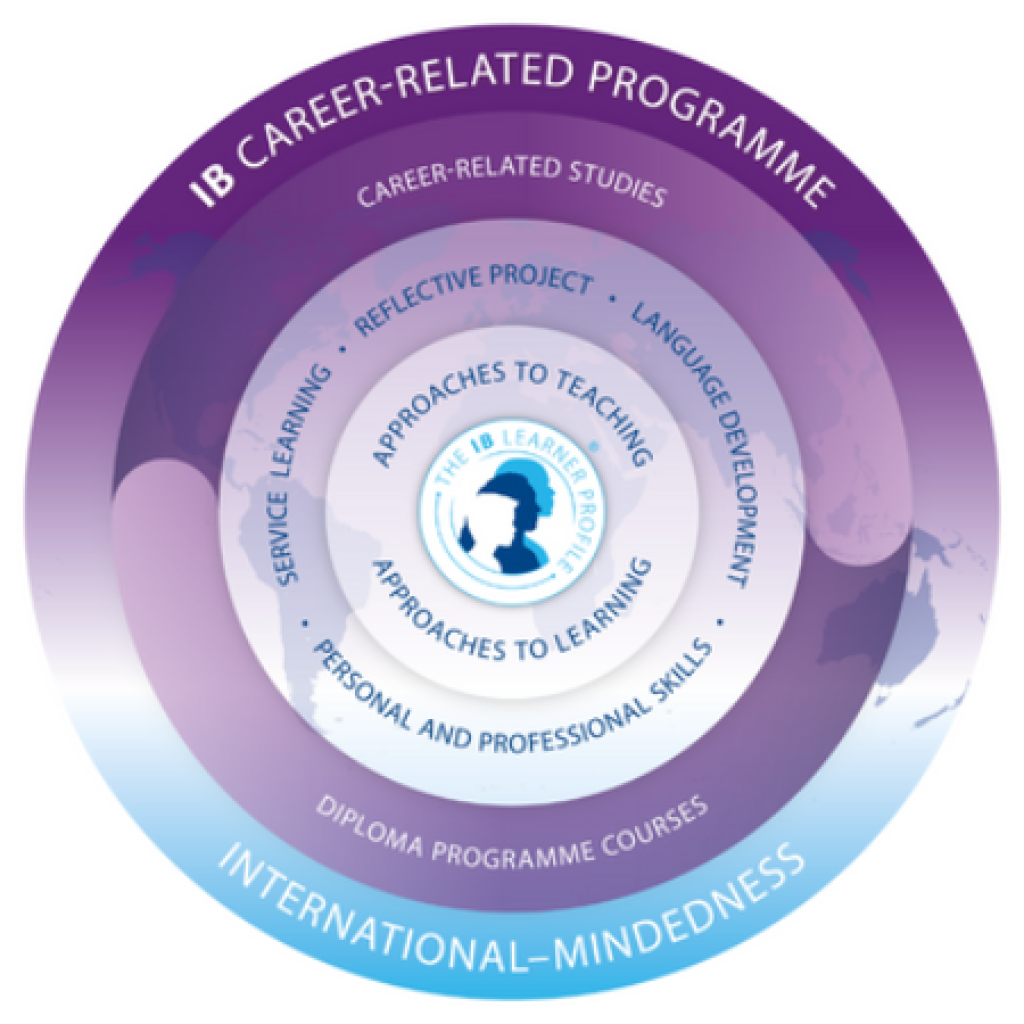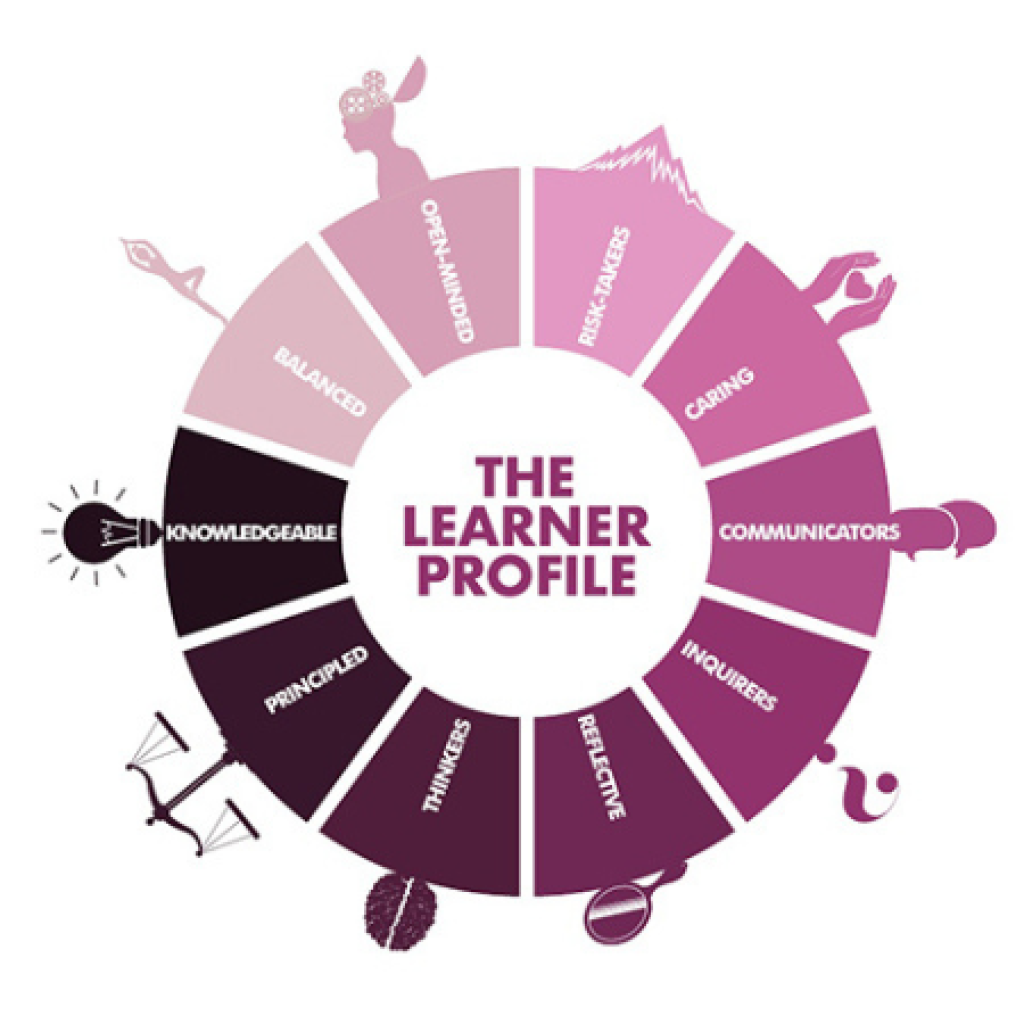Delhi Public School Bangalore North is an authorised school for the International Baccalaureate Career-related Programme (IBCP). IB World Schools share a common philosophy – a commitment to high-quality, challenging, international education – that we believe is important for our students.
What is an IBCP education?
The International Baccalaureate Career-related Programme is the IB programme that is designed for students 16 to 19 years of age.
The IB Career-related Programme (CP) is designed for students interested in pursuing a career-related education in the final two years of secondary school. It provides them with an excellent foundation to support their further studies, as well as ensure their preparedness for success in the workforce.


Highlights of the Programme
The IB Career-Related Programme is one of the most prestigious pre university courses in the world. It has been designed to achieve academic proficiency, civic responsibility and international understanding.
Career-Related programme students undertake a minimum of two IB Diploma Programme (DP) courses, a core consisting of four components and a career-related study.
For CP students, DP courses provide the theoretical underpinning and academic rigour of the programme; the career-related study further supports the programme’s academic strength and provides practical, real-world approaches to learning; and the CP core helps them to develop skills and competencies required for lifelong learning.
The CP was specifically developed for students who wish to engage in career-related learning while gaining transferable and lifelong skills in applied knowledge, critical thinking, communication, and cross-cultural engagement.
It is a flexible, yet comprehensive curriculum with rigorous, international standards and a strong co-curricular and sports programme.
Goal setting to promote a growth mindset and prepare them for a VUCA (Volatile, Uncertain, Complex, Ambiguous) world.
Going beyond the mandate to build modern day competencies through an Entrepreneurship Programme.
IBCP students have higher acceptance rates to colleges across the globe.
IB standards are aligned with the best practice in education and support effective teaching methodology.
IB Learner Profile
The aim of all IB programmes is to develop internationally minded people who, recognizing their common humanity and shared guardianship of the planet, help to create a better and more peaceful world As IB Learners we strive to be:


INQUIRERS
We nurture our curiosity, developing skills for inquiry and research. We know how to learn independently and with others. We learn with enthusiasm and sustain our love of learning throughout life.

KNOWLEDGEABLE
We develop and use conceptual understanding, exploring knowledge across a range of disciplines. We engage with issues and ideas that have local and global significance.

THINKERS
We use critical and creative thinking skills to analyze and take responsible action on complex problems. We exercise initiative in making reasoned, ethical decisions.

COMMUNICATORS
We express ourselves confidently and creatively in more than one language and in many ways. We collaborate effectively, listening carefully to the perspectives of other individuals and groups.

PRINCIPLED
We act with integrity and honesty, with a strong sense of fairness and justice, and with respect for the dignity and rights of people everywhere. We take responsibility for our actions and their consequences.

OPEN-MINDED
We critically appreciate our own cultures and personal histories, as well as the values and traditions of others. We seek and evaluate a range of points of view, and we are willing to grow from the experience.

CARING
We show empathy, compassion and respect. We have a commitment to service, and we actto make a positive difference in the lives of others and in the world around us.

RISK-TAKERS
We approach uncertainty with forethought and determination; we work independently and cooperatively to explore new ideas and innovative strategies. We are resourceful and resilient in the face of challenges and change.

BALANCED
We understand the importance of balancing different aspects of our lives—intellectual, physical, and emotional—to achieve well-being for ourselves and others. We recognize our interdependence with other people and with the world in which we live

REFLECTIVE
We thoughtfully consider the world and our own ideas and experience. We work to understand our strengths and weaknesses in order to support our learning and personal development.
